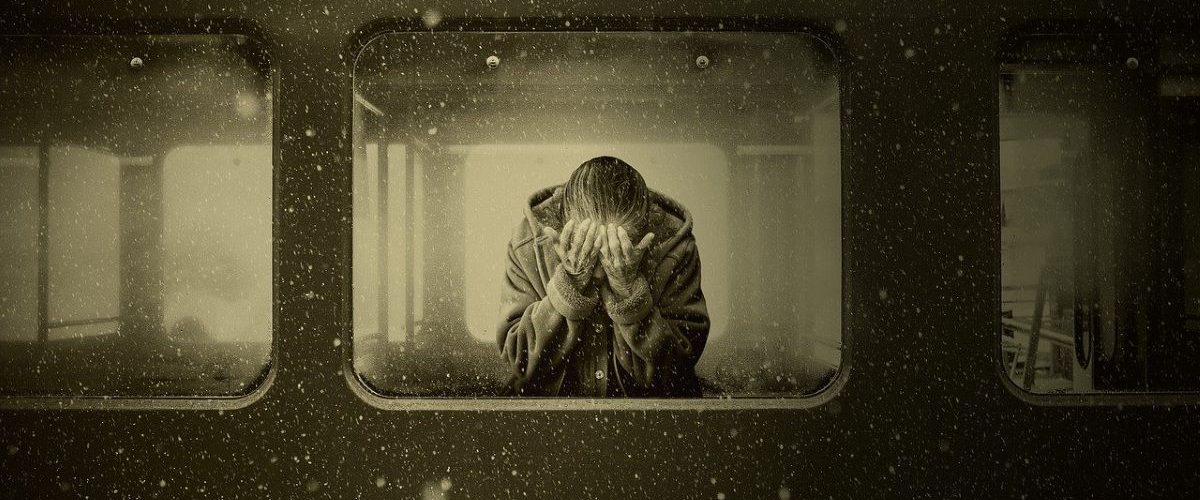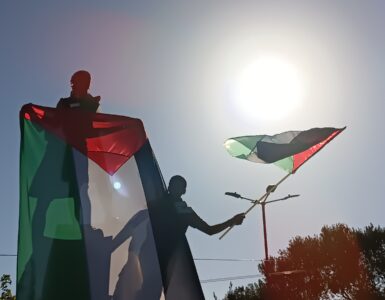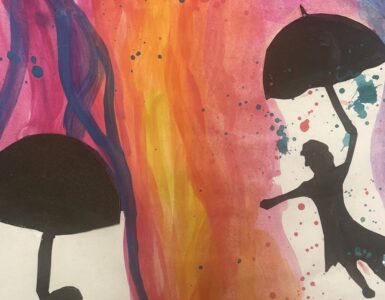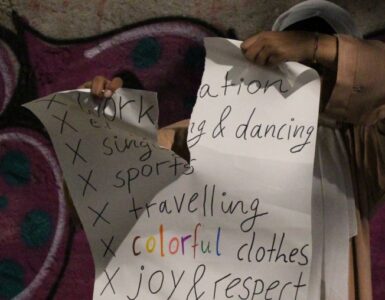A short while ago I was in one of the journalism classes that we attend as “Migratory Birds”, and the topic was what effect photographs have on public opinion. We looked at and analysed some of the 100 most influential photographs of the past decades. They included the one taken by Kevin Carter entitled “The vulture and the little girl”.
Carter was a South African photographer, and while on a visit to a remote village in the Sudan, he heard a small girl crying. When he reached her, he saw that she was dying of malnutrition and that there was a vulture nearby looking at her, waiting for her to die so that he could eat her. Carter won a Pulitzer Prize for that photograph in 1993, but was heavily criticised for choosing to take it rather than helping the girl. He later committed suicide.
I was very moved and almost reduced to tears because I had lived through a similar state of hunger when we were blockaded inside Mosul, my hometown. The besieging forces had denied us food and water for 6 months. Meanwhile, inside the city, Isis was only giving food to its members. They refused to give us any, even though we offered to pay for it. There were so many innocent people in the city, but no one was giving them anything.
We had foreseen the siege, so we had stocked up a few days before it began. As soon as it started we rationed our food consumption considerably so that it would last as long as possible. We had very little left apart from a few ingredients. Like many others, we had some plain uncooked wheat left, because they had even refused us water. In order to get water, we had to go to the well but the whole process was very difficult because we only had buckets. We would lower them into the well and fill them with water for drinking, washing and cleaning the house. We consumed as little as possible in case we were unable to leave the house because of the bombings. We had actually been bombed while drawing water, but we carried on despite the danger, because our need was so great.
On the final day of the siege our neighbour came with his son and said that they hadn’t eaten for two days and that the boy couldn’t take it any more, he needed to eat something right away. When we saw him in that terrible state, ready to faint from hunger and thirst, my elder brother brought in what was left from our food. There was a little rice and some tomato sauce and he gave half to our neighbour saying “Half for you and half for us”.
Our neighbour was so touched that he almost cried from joy and wished us well. We told him that sharing food was an obligation because it is God that has provided it. Neighbours should help one another in times of need.
One day after this gesture of ours, Mosul was liberated by the security forces. The meal we shared was the final one of the siege. After that we were able to find food to eat and water to drink. We were happy again, because we no longer felt the fear that had accompanied us during the occupation of Mosul by Isis, and because we left behind the hunger that almost killed our city.









Add comment